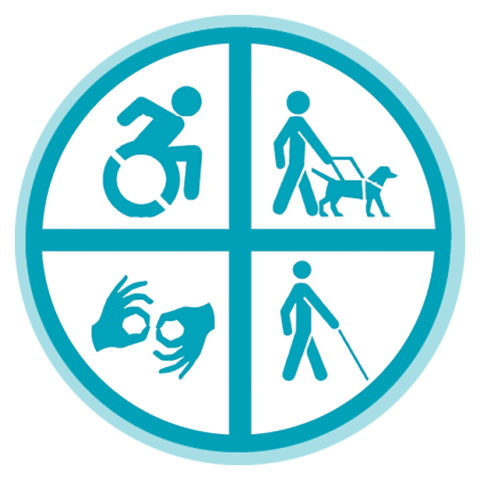CadmiumCD’s Updated Abstract Scorecard Is Accessible to All

When websites and web tools are properly designed and coded, people with disabilities are able to use them. However, many sites and tools are developed with accessibility barriers that make them difficult or even impossible for individuals with special needs to use.
World Wide Web Consortium (W3C) asserts that the web is fundamentally designed to work for all people, whatever their hardware, software, language, location, or ability. Helping to champion the effort to make its tools more accessible, CadmiumCD has updated Abstract Scorecard, its abstracts, awards and papers submissions and review software, to incorporate Web Content Accessibility Guidelines 2.1 Level AA accessibility compliance.
“As a software company that services and supports global users with various backgrounds and needs, we take it as our duty to uphold this mission to the best of our ability,” said Michelle Wyatt, CadmiumCD co-founder and CEO.
According to W3C, an initiative that works to create strategies, standards and resources to make the Internet accessible to people with disabilities, WCAG 2.1 covers a wide range of recommendations for making online content more accessible, with the goal to create accessibility to a wider range of people with disabilities.
These include accommodations for blindness and low vision, deafness and hearing loss, limited movement, speech disabilities, photosensitivity and combinations of these, as well as some for learning disabilities and cognitive limitations.
In addition to accessibility, CadmiumCD has made additional improvements to the latest version of Abstract Scorecard:
- The ability to include Google Translate on pages
- New review assignment options and more tools to allow clients to easily copy previous events
- Mobile responsive design on the submitter site to improve the experience on mobile devices
According to Meghan Capiaghi, CadmiumCD’s lead developer on accessibility, WCAG 2.1 covers additional criteria such as cognitive disabilities and low vision and takes smartphone devices into account compared to 2.0, which was released in 2008 when these mobile devices weren’t as smart and were less prevalent.
As internationally recognized guidelines, WCAG 2.1 has three levels of compliance: A, AA and AAA. CadmiumCD has received compliance under the AA level, the minimum level required by most government agencies. Learn more about the different compliance levels of WCAG here.
While these standards are not legally required for private companies, the EU requires all public sector websites to adhere to WCAG 2.1 equivalent standards, including products sold to or used by public sector organizations.
At this time, U.S. public sector sites only require 2.0 standard but will likely adopt 2.1 standards in the near future, as more organizations understand the need for modern accessibility standards, according to Capiaghi, who added that CadmiumCD will be prepared when this happens.
To help industry members learn more about WCAG 2.1 Accessibility and Abstract Scorecard, CadmiumCD is hosting a free webinar on April 18 at 1:30 p.m. ET to discuss the benefits of WCAG 2.1 Level AA accessibility standards and how they were applied to the updated version of Abstract Scorecard. A recording will also be available after the webinar has aired.
In addition, CadmiumCD has created a resource for clients who would like to uphold WCAG 2.1 Level AA standards. Check it out here.
Want to learn more about this important topic? Join #Expochat, our weekly live Twitter chat, on Wednesday, April 17 at 1 p.m. ET – go HERE to find out more!
Don’t miss any event-related news: Sign up for our weekly e-newsletter HERE and engage with us on Twitter, Facebook, LinkedIn and Instagram!


Add new comment